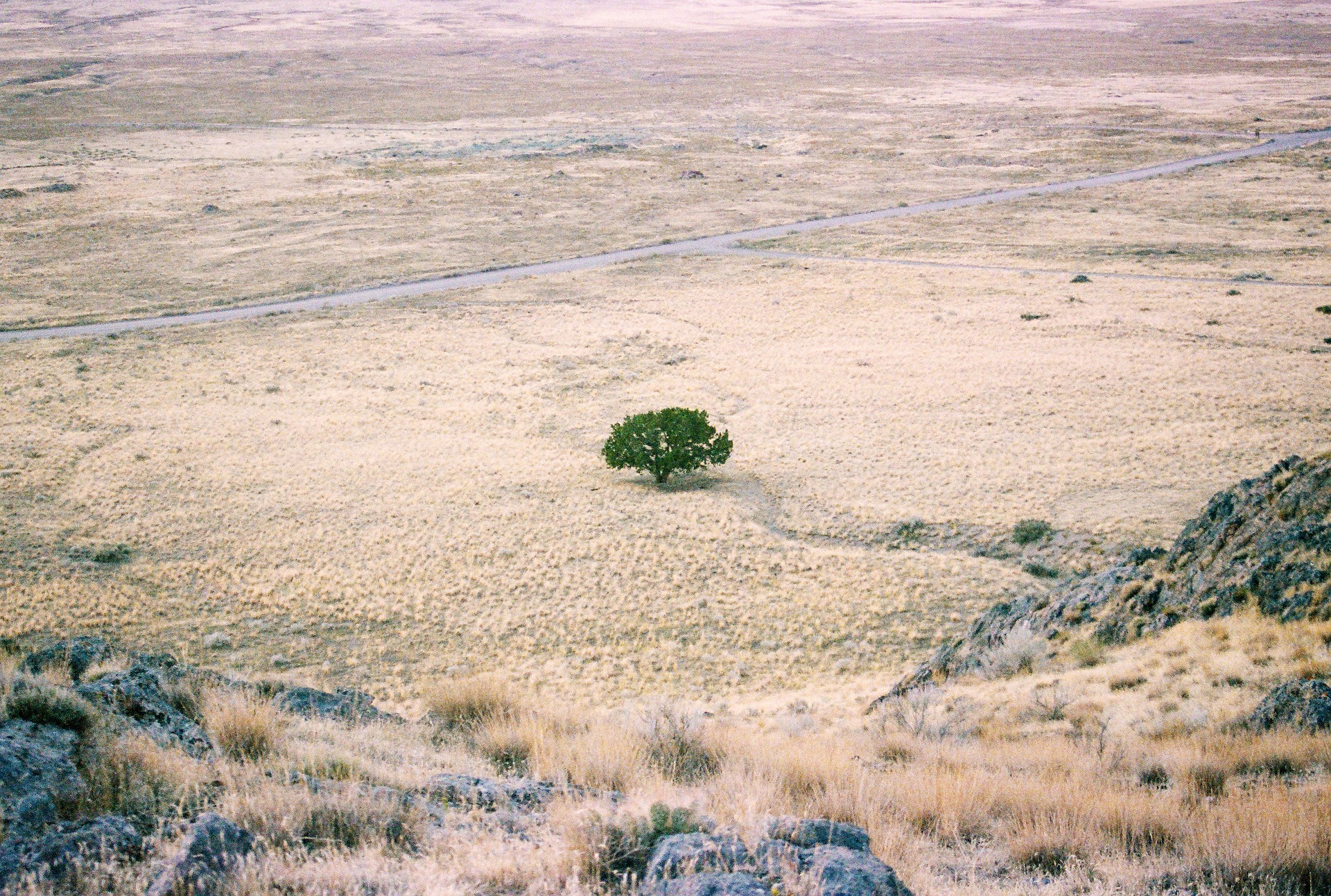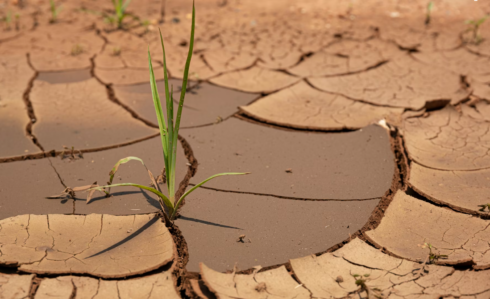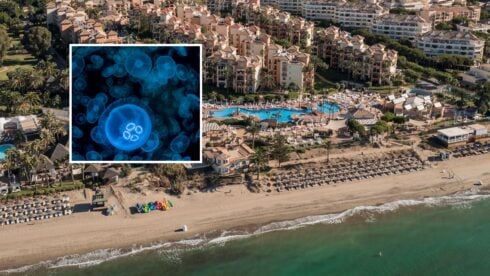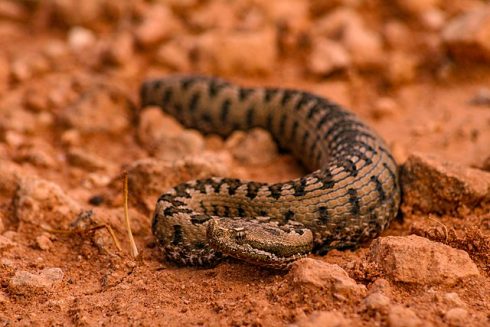LEADING environmental group Greenpeace has issued a stark warning that up to 75% of Spain could be at risk of desertification without urgent action to reverse the effects of climate change.
The worrying figure, which comes from research carried out by the UN Convention to Combat Desertification, reflects the ‘critical’ water situation in Spain.
Desertification is the process by which vegetation in drylands decreases and eventually disappears, creating a desert landscape.
One example of this process is Almeria and its ‘Sea of Plastic’, which produces thousands of tons of vegetables each year – using groundwater to supply these vast crop-producing areas exacerbates diminishing water reserves and degrades soil quality.
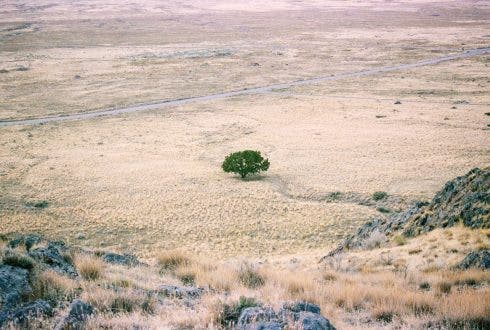
According to Greenpeace, which released the information to mark World Water Day, celebrated on March 22 every year, Spain and Greece are the European countries with the greatest stress placed on water supply.
Over 12 million Spaniards are currently under some form of water restriction, with droughts raging in Andalucia and Catalunya as reservoir levels continue to dwindle.
Scientific projections predict that Spain could suffer droughts ten times as worse as those currently occurring if action isn’t undertaken to combat the effects of climate change.
Prolonged periods of drought and heat will reduce the availability of freshwater, threatening agricultural yields.
This could lead to water shortages and higher food prices.
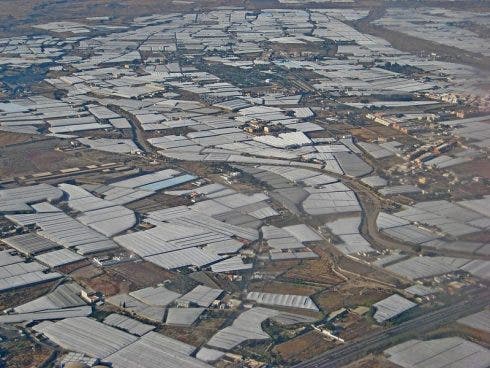
Greenpeace is urging authorities in Spain to “convert the country’s current intensive and super-intensive agricultural production to sustainable, diversified and low water consumption farms and increase organic farming to 30% of the surface area by 2030 and 100% by 2050”.
“To achieve food sovereignty, promote the use of traditional seeds and increase the biodiversity of farms. Develop an adaptation and recovery plan for the most climate-vulnerable agricultural areas in coordination with the autonomous communities, based on agroecology, soil recovery, regeneration of ecosystems, and protection and restoration of rivers and wetlands”, added the activist group.
Greenpeace’s Spanish branch has also highlighted nine separate environmental challenges which Spain will be forced to confront in the coming years as the climate continues to warm.
These are: “Pollution by fossil fuels, drought, fire, loss of biodiversity, pollution from industrial agriculture, pollution from industrial livestock farming, mass tourism, plastics and environmental impunity”.
READ MORE:
- As drought on Spain’s Costa del Sol persists, regional government bans filling of private swimming pools this summer
- Drought latest in Spain: The Costa del Sol will have water until September after extending Marbella’s desalination plant
- Is there hope for Catalunya’s second largest reservoir? Heavy rains double the water levels – but from just 1%…
Click here to read more News from The Olive Press.

